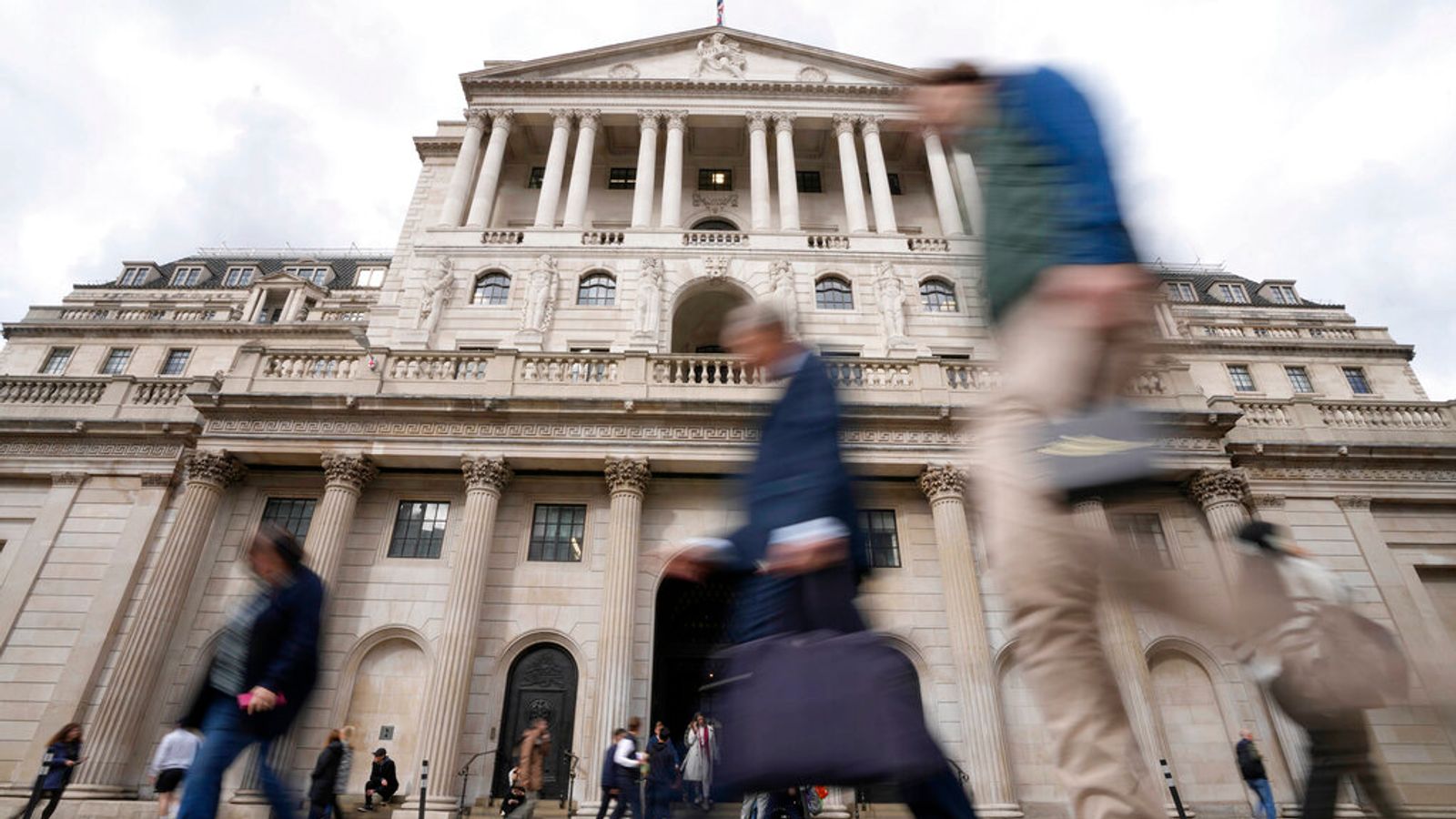The Bank of England has once again said its emergency bond buying programme will end on 14 October as planned.
In a statement on Tuesday morning it said all temporary and targeted purchases of UK government bonds, known as gilts, will end.
This has been the position throughout, and has been “made absolutely clear in contact with the banks at senior levels”, the statement read.
The Bank also reaffirmed its continued support of the pension markets beyond Friday.
This will be done via the Bank’s temporary yet open-ended measure to help lenders facing liquidity issues who work with the corner of the pensions market that had experienced difficulties. This measure had been announced on Monday.
There had been a suggestion the Bank of England could be backtracking, however.
The Financial Times had reported the Bank has been privately telling those working in pensions funds that it could extend its bond-buying programme beyond Friday.
This came despite the governor firmly stating pension funds had “three days left… to get this done” at an event in Washington on Tuesday evening.
The Financial Times report said those involved in derivatives, the corner of the market which required the Bank of England intervention, needed more time to avoid the forced selling which led to the Bank’s 28 September intervention
The pound had a tough start on Monday morning and has yet to recover the cent it lost against the dollar on Tuesday night.
The drop came after the governor of the Bank of England Andrew Bailey stated his commitment to ending the Bank’s emergency intervention in the bond market on Friday, as planned.
In the wake of his statement the pound dipped below $1.10.
This means in overnight trading £1 could have bought $1.0924. Not since 29 September had the value fallen to such a low.
While the pound has made gains on Tuesday morning, it’s still worth less than $1.10, lower than the $1.117 that could be bought prior to Mr Bailey’s announcement.
Read more:
What on earth is happening in UK markets?
Explainer: What are bonds and where do they fit in the mini-budget crisis?.
The pound also weakened against the Euro. A pound was worth €1.27 in overnight trading, the lowest since 29 September. Some value was recovered this morning when £1 could buy €1.13.
Please use Chrome browser for a more accessible video player
Mr Bailey’s comments in Washington followed a series of interventions to support the “dysfunctional” market in the wake of the wider meltdown over the government’s mini-budget.
The latest action, on Tuesday morning, saw the Bank snap up index-linked gilts, government bonds with interest payments in line with inflation.
They are heavily used by pension funds.
The Bank had already been buying up long-dated gilts – a type of government bond that make up a large proportion of pension pots – to steady market jitters.
They saw yields – the rate demanded to hold government debt – shoot up as pension schemes tried to raise hundreds of billions through firesales of government and corporate bonds to meet cash calls – the latest coming from providers of so-called liability-driven investment strategies.
They are demanding funds put up more money to support new and older hedging positions.






















